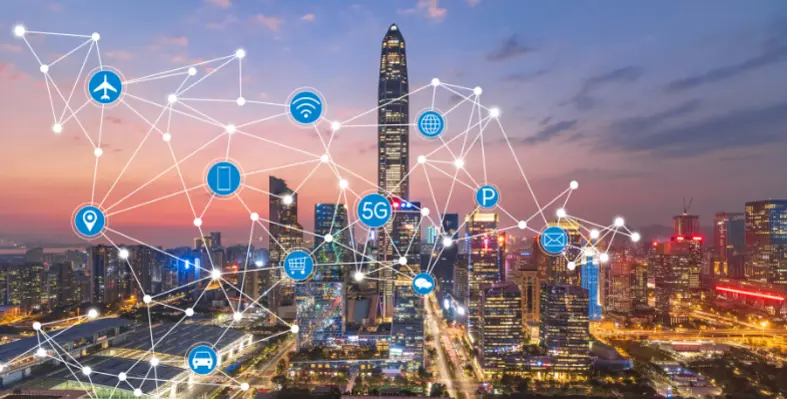Three in four people would be happier living in a smart city, according to a new report by Mastercard
The report features insights related to human aspirations and technological progress for smart cities in the Middle East.
The report shed light on human aspirations and technological advancements driving the development of smart cities in the Middle East. With projections indicating that two-thirds of the global population will reside in urban areas by 2050, there's a growing imperative to ensure that future cities are secure, sustainable, and inclusive.
According to findings from the Mastercard Cities of the Future Report 2024, respondents in the UAE overwhelmingly believe that living in a smart city would enhance their happiness, with 68% expressing this sentiment.
Smart travel and AI-powered services
Key innovations highlighted in the report include connected buildings, smart travel, and AI-powered services. Smart and connected buildings and homes, as well as smart travel services, were identified as top priority innovations by 61% of respondents. Despite concerns about reduced human interaction and decreased physical activity, technological advancements, particularly in AI and machine learning, generate more optimism than worry among respondents.
Sustainability emerges as a standout aspiration in the UAE, with a focus on smart solutions for clean and renewable energy. Against the backdrop of the UAE hosting COP28 and extending its Year of Sustainability, public awareness of climate action remains high. 60% of respondents prioritise smart solutions for transitioning to clean energy.
Super-app convenience
Urban residents in the UAE seek enhanced convenience and digital access to services, with a strong emphasis on privacy and secure personal data. Digitisation is seen as key to improving living environments, workplaces, and payment experiences, with digital access to utilities, licensing, banking, and transportation deemed important by 57% of respondents.
Partnerships between public and private sectors are deemed crucial for driving urban innovation. Mastercard's collaboration with the Dubai Department of Economy and Tourism (DET) resulted in the formation of a Digital City Partnership, aimed at accelerating economic growth in line with the goals of the Dubai Economic Agenda, D33. Additionally, Mastercard's partnership with the UAE government led to the establishment of a global Centre for Advanced AI and Cyber Technology in Dubai, focused on accelerating generative AI research.
“The UAE’s forward-looking leadership is championing a futuristic vision for the country’s development. To support these ambitions, Mastercard is working closely with our government partners to support their vision as we collectively fuel economic growth, job creation, and overall happiness through our digital city partnerships. Through this report, we are gaining deeper insights in the needs and expectations of our communities, allowing us to better serve the UAE through our technology, insights, and expertise,” said J.K. Khalil, cluster general manager, MENA East, Mastercard.








